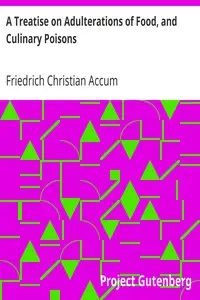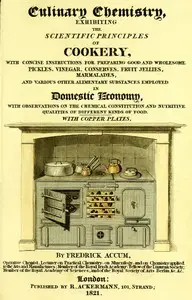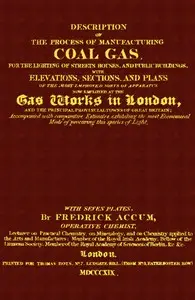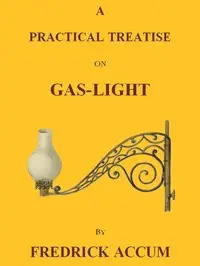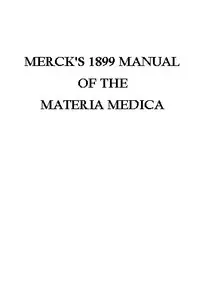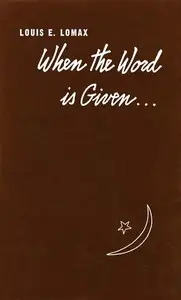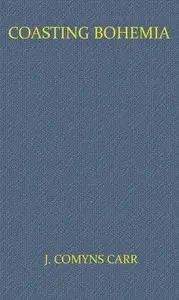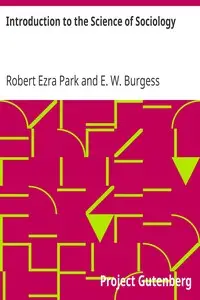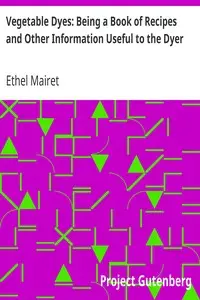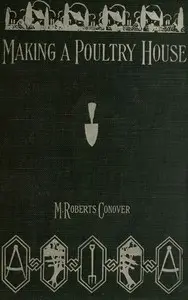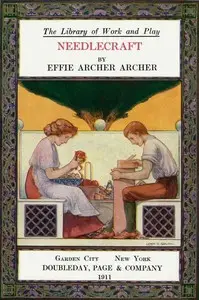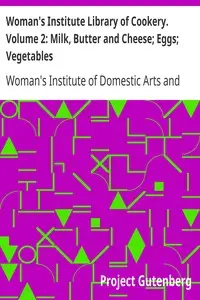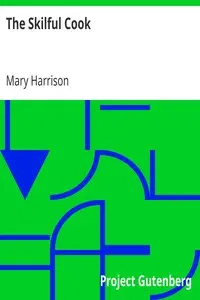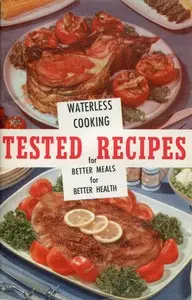"A Treatise on the Art of Making Good Wholesome Bread of Wheat, Oats, Rye, Barley, and Other Farinaceous Grains" by Fredrick Accum is a scientific publication written in the early 19th century. This comprehensive work explores the principles and practices of bread-making, emphasizing the nutritional and chemical properties of various grains and the methods employed in different cultures. The treatise serves as a guide for understanding not only the recipes and techniques for making bread but also the historical context of bread-making throughout human civilization. The opening of this treatise establishes the author's intent to delve into the chemical composition of various alimentary substances derived from plants, as well as to provide an extensive history of bread-making practices. Accum discusses the nutritional benefits of different grains, such as wheat, rye, oats, and barley, detailing their roles as staple foods in various societies. He elaborates on the diverse techniques used for transforming these grains into bread, illustrating the complexity and importance of this essential dietary component in human diets across the globe. (This is an automatically generated summary.)
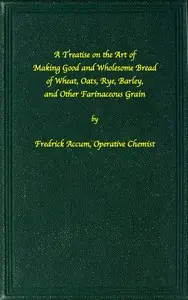
A treatise on the art of making good wholesome bread of wheat, oats, rye, barley and other farinaceous grains Exhibiting the alimentary properties and chemical constitution of different kinds of bread corn, and of the various substitutes used for bread, in different parts of the world
By Friedrich Christian Accum
"A Treatise on the Art of Making Good Wholesome Bread of Wheat, Oats, Rye, Barley, and Other Farinaceous Grains" by Fredrick Accum is a scientific pub...
Friedrich Christian Accum or Frederick Accum was a German chemist, whose most important achievements included advances in the field of gas lighting, efforts to keep processed foods free from dangerous additives, and the promotion of interest in the science of chemistry to the general populace. From 1793 to 1821 Accum lived in London. Following an apprenticeship as an apothecary, he opened his own commercial laboratory enterprise. His business manufactured and sold a variety of chemicals and laboratory equipment. Accum, himself, gave fee-based public lectures in practical chemistry and collaborated with research efforts at numerous other institutes of science.

